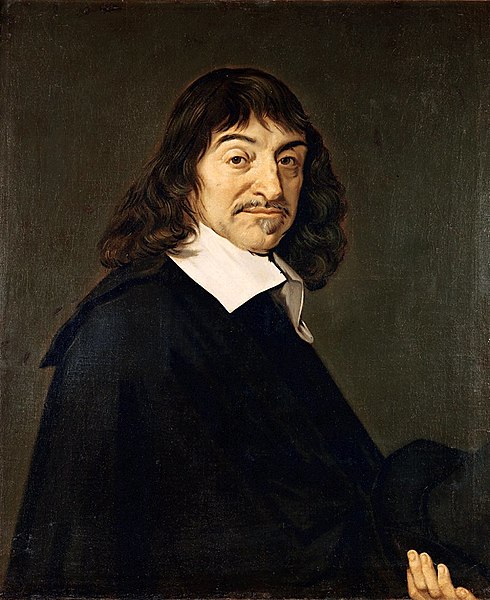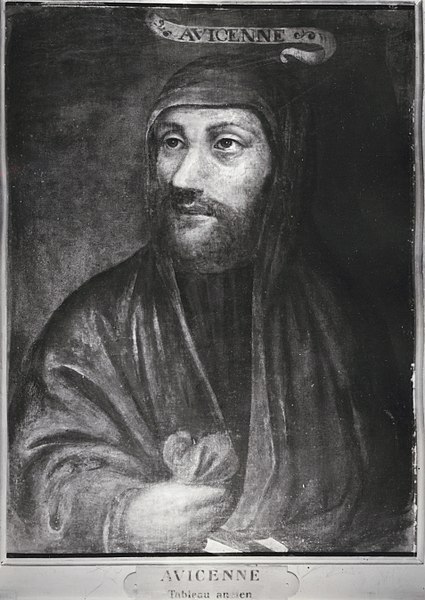Reason is the capacity of applying logic consciously by drawing conclusions from new or existing information, with the aim of seeking the truth. It is associated with such characteristically human activities as philosophy, religion, science, language, mathematics, and art, and is normally considered to be a distinguishing ability possessed by humans. Reason is sometimes referred to as rationality.
Francisco de Goya, The Sleep of Reason Produces Monsters (El sueño de la razón produce monstruos), c. 1797
René Descartes
Dan Sperber believes that reasoning in groups is more effective and promotes their evolutionary fitness.
Logic is the study of correct reasoning. It includes both formal and informal logic. Formal logic is the study of deductively valid inferences or logical truths. It examines how conclusions follow from premises due to the structure of arguments alone, independent of their topic and content. Informal logic is associated with informal fallacies, critical thinking, and argumentation theory. It examines arguments expressed in natural language while formal logic uses formal language. When used as a countable noun, the term "a logic" refers to a logical formal system that articulates a proof system. Logic plays a central role in many fields, such as philosophy, mathematics, computer science, and linguistics.
Young America's dilemma: Shall I be wise and great, or rich and powerful? (poster from 1901) This is an example of a false dilemma: an informal fallacy using a disjunctive premise that excludes viable alternatives.
Bertrand Russell made various contributions to mathematical logic.
Image: Aristotle Altemps Inv 8575
Image: Avicenne Avicenna Ibn Sina (980 1037) CIPB2067







